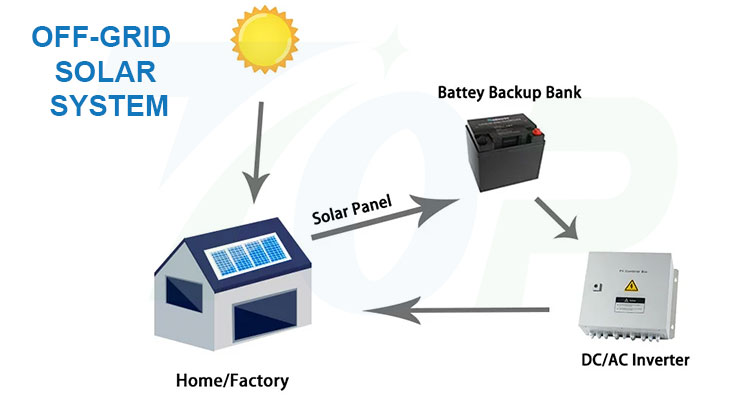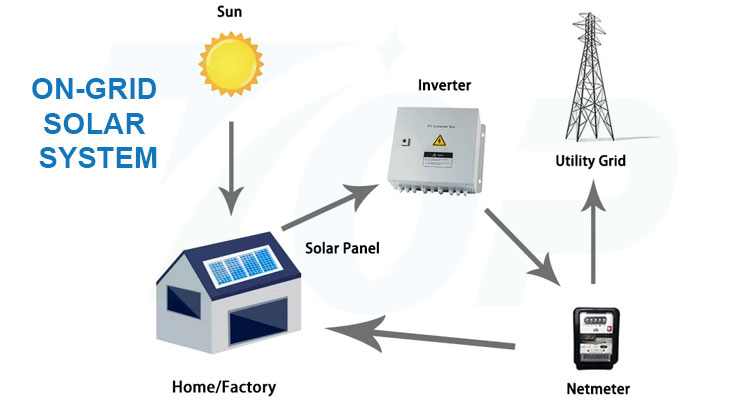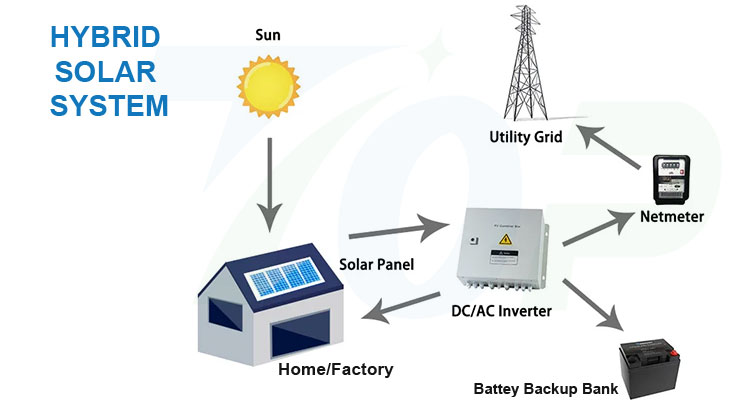In recent years, there has been a significant rise in the global demand for renewable energy sources, driven by the need to reduce reliance on fossil fuels and mitigate climate change. Among the various renewable energy options, solar power has emerged as one of the most promising solutions. However, a major challenge with solar energy is its intermittent nature—the sun doesn't shine around the clock. This is where solar energy storage batteries play a crucial role in ensuring the reliability of solar power.
Solar energy storage batteries are designed to store excess solar power generated during the day, and release it when the sun is not shining—at night or during periods of low sunlight. This makes solar energy more consistent and reliable, providing a stable power supply to meet energy needs throughout the day and night. By solving the intermittency issue, these batteries make solar energy a viable option for continuous use.

One of the key advantages of solar energy storage systems is their ability to provide backup power during grid outages. In areas prone to extreme weather events or regions with unreliable grid infrastructure, this feature is invaluable. With solar storage, homeowners and businesses can keep essential appliances and systems running, even when the grid fails.
Solar energy storage allows homeowners and businesses to store excess solar power during sunny days and use it when electricity demand is high or when the sun isn't shining. This reduces reliance on grid electricity and can result in significant cost savings on electricity bills, making solar power more affordable and cost-effective in the long term.
Solar energy storage batteries help stabilize the electric grid by storing excess power during off-peak hours and releasing it during peak demand periods. This reduces stress on the grid, lowers the need for additional power generation, and contributes to a more efficient and resilient energy system.
The adoption of solar energy storage batteries supports a decentralized energy system, where communities are less reliant on centralized power plants. This helps reduce vulnerability to power outages and fosters a more sustainable, resilient energy grid. With solar storage, communities can become more self-sufficient and contribute to the transition towards cleaner, renewable energy sources.


As technology continues to advance, solar energy storage batteries are becoming more affordable and accessible. The ongoing reduction in costs is making solar storage systems more viable for homeowners and businesses, accelerating the transition to renewable energy and reducing the dependence on fossil fuels.
In conclusion, solar energy storage batteries play a pivotal role in making solar power a reliable, sustainable, and resilient energy source. They not only address the issue of solar intermittency but also provide backup power, reduce grid stress, and contribute to long-term energy savings. With the continued growth of the renewable energy industry, solar storage systems are set to revolutionize the way we generate, store, and consume electricity, paving the way for a more sustainable and resilient energy future.
As the cost of solar energy storage batteries continues to decrease, the adoption of solar power and storage systems will become even more widespread, helping to create a cleaner, more sustainable world.

 Xiamen TopFence Co.,Ltd.
Xiamen TopFence Co.,Ltd. No. 77, LingXia South Road, Huli District, Xiamen City, Fujian, China
No. 77, LingXia South Road, Huli District, Xiamen City, Fujian, China Tel: +8613365923720
Tel: +8613365923720
 Email: info@xmtopfence.com
Email: info@xmtopfence.com
 IPv6 network supported Sitemap
| XML
| Blog
| Privacy Policy
IPv6 network supported Sitemap
| XML
| Blog
| Privacy Policy


